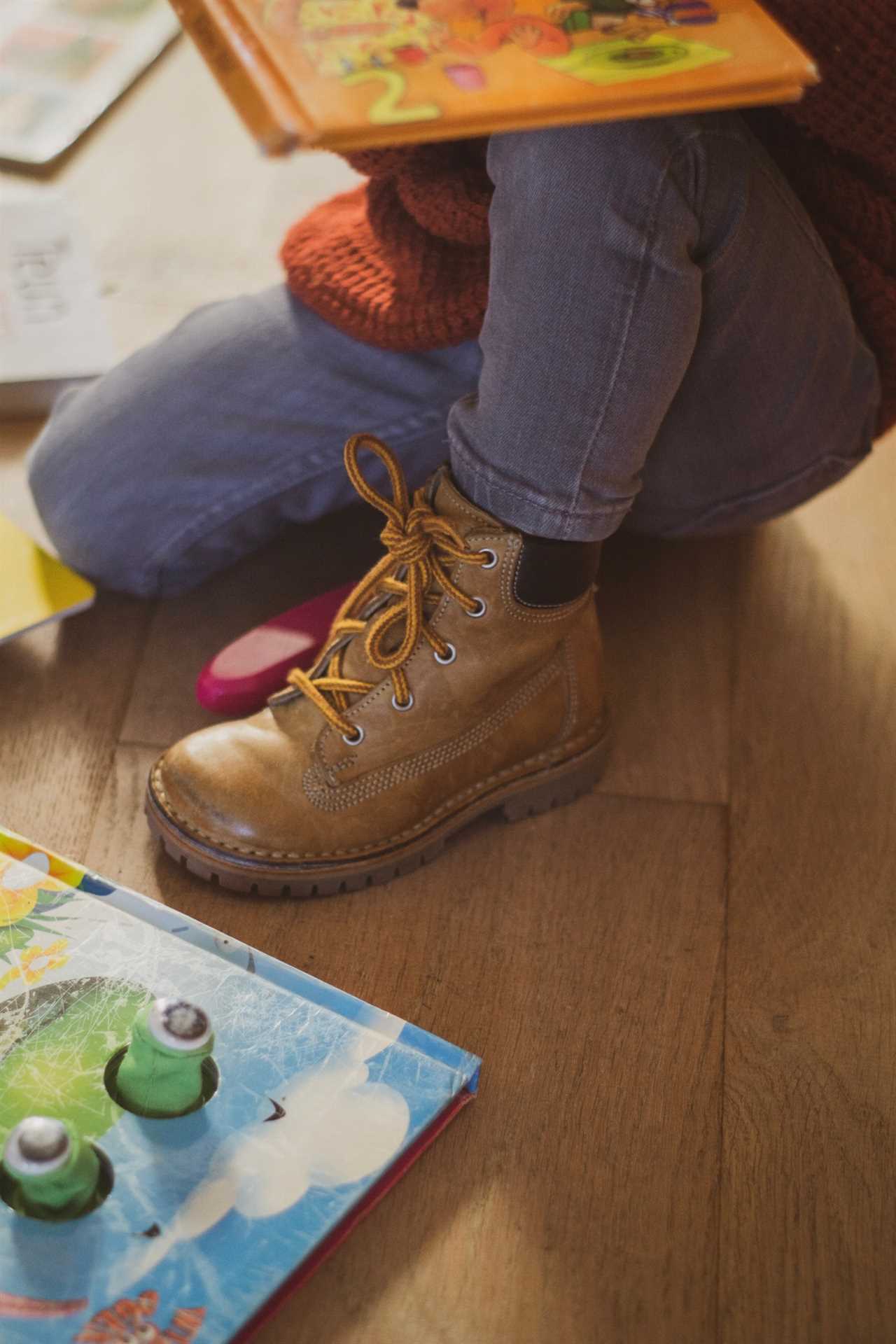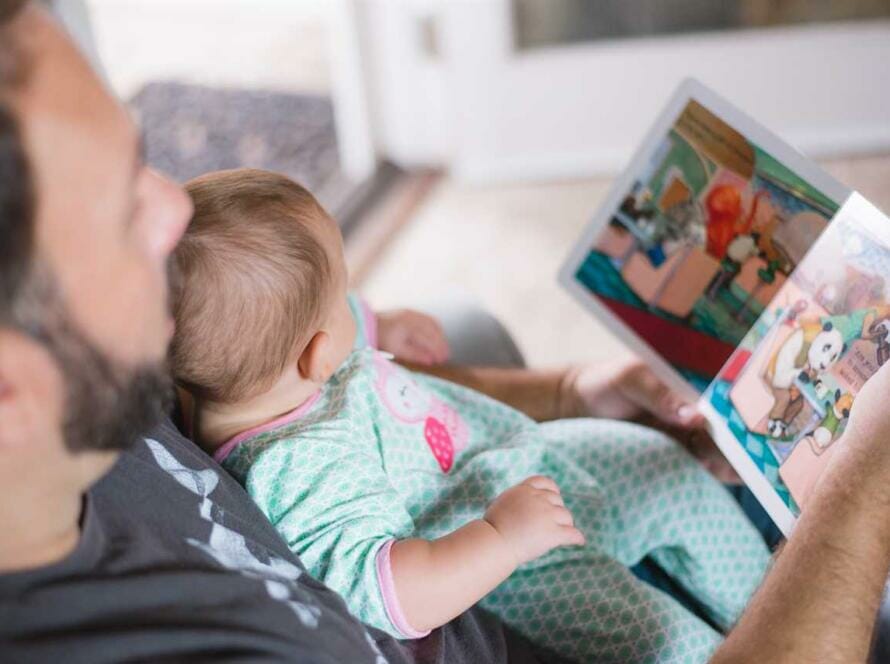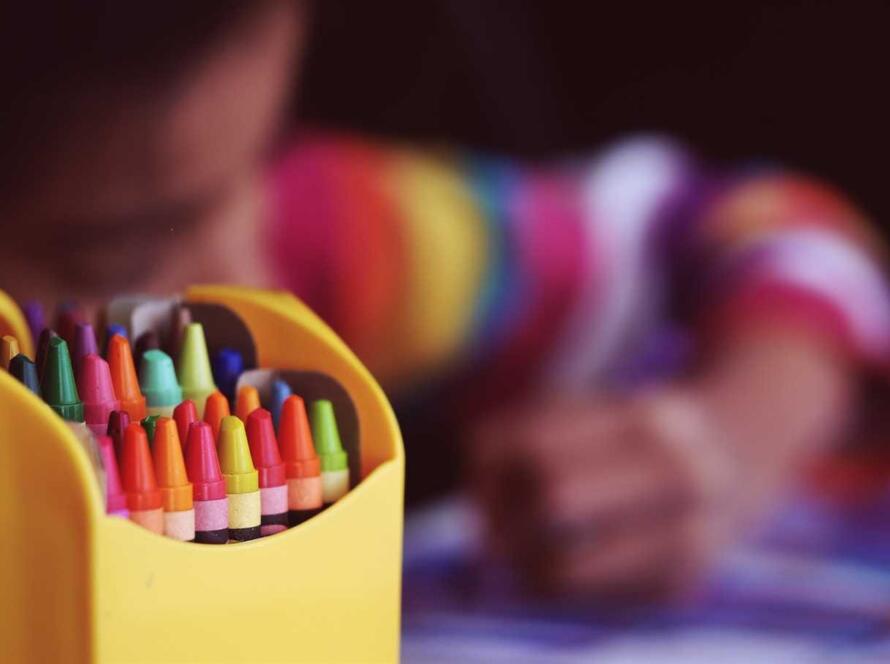Parents face a daunting task when it comes to choosing the perfect educational toy for their children. These toys, designed to facilitate learning through play, can range from simple puzzles to complex coding robots.
The benefits they offer are vast, including improved hand-eye coordination, cognitive abilities, and critical thinking skills. However, factors such as safety, age appropriateness, and budget must be considered.
In addition, the rise of Internet-connected educational toys presents both opportunities and risks, requiring parental supervision and guidance.
This guide aims to provide parents with the necessary information to make informed decisions and maximize their child’s learning potential.

Key Takeaways
- Educational toys help children learn new skills and promote independent thinking.
- They have various benefits such as improving hand-eye coordination, fine motor skills, and cognitive abilities.
- Educational toys cater to different age groups and can focus on STEM skills, cooperative play, and life skills.
- When choosing educational toys, factors such as safety, age appropriateness, durability, learning goals, and budget should be considered.
Understanding the Educational Value of Toys
Educational toys have value when children actively engage with them in ways that promote learning. Evaluating learning outcomes is an essential aspect of understanding the educational value of toys. By observing how children interact with the toys and the skills they develop, parents can determine if the toy is facilitating meaningful learning experiences.
Incorporating play-based learning is another crucial element. Educational toys that encourage imaginative play, problem-solving, and creativity can enhance a child’s cognitive development. When children are actively engaged in play, they are more likely to retain information and develop important skills.
Exploring the Benefits of Educational Toys
Playing with educational toys can enhance children’s cognitive abilities and improve their critical thinking skills. These toys are designed to promote cognitive development and enhance problem-solving skills.
By engaging with educational toys, children are given the opportunity to think critically, solve problems, and explore new concepts. Through hands-on play and interactive learning, these toys stimulate children’s minds and encourage them to think creatively.

Educational toys can also help children develop important skills such as logic, reasoning, and decision-making. Whether it’s building blocks, puzzles, or science kits, these toys provide a fun and engaging way for children to learn and grow.
Age-Appropriate Options for Every Stage
At every stage of development, children can benefit from age-appropriate toys that support their learning and growth. Here are some options to consider:
Sensory development: Toys that engage the senses at different stages of development, such as soft plush toys and textured rattles for babies, or musical instruments and art supplies for older children.
Cognitive skills: Toys that promote problem-solving and critical thinking abilities, like building blocks, puzzles, and board games. These toys encourage children to think creatively, strategize, and develop their analytical skills.

Fine motor skills: Toys that help children refine their hand-eye coordination and dexterity, such as shape sorters, threading toys, and pegboards. These toys assist in developing precise movements and control.
Factors to Consider in Toy Selection
Safety is an important factor for parents to consider when selecting toys for their children. Ensuring that the toys are free from potential hazards is crucial to protect the well-being of their little ones.
However, there are other factors to consider in toy selection as well. One such factor is the importance of play in child development. Play is not just a form of entertainment; it is a vital component of a child’s growth and learning.
When choosing toys, parents should opt for ones that promote creativity, problem-solving, and social interaction. Additionally, it is essential to consider the age appropriateness of the toy, as well as its durability and quality.

Maximizing Learning With Internet-Connected Toys
Internet-connected toys provide children with opportunities to access additional educational content and expand their learning beyond traditional play experiences. These toys offer a range of benefits that can enhance a child’s educational journey.
Here are three reasons why internet-connected toys are a valuable tool for learning:
Access to a wealth of educational content: Internet-connected toys can provide children with access to a vast array of educational resources, such as interactive games, videos, and quizzes. This content can supplement their learning and help them explore new subjects in a fun and engaging way.
Foster technological skills: By using internet-connected toys, children can develop essential technological skills, such as navigating online platforms and using digital tools. These skills are becoming increasingly important in today’s digital age, and internet-connected toys can help children become more familiar and comfortable with technology.

Promote internet safety: It is crucial to teach children about internet safety from an early age. Internet-connected toys can provide opportunities for parents to discuss topics like online privacy, responsible internet use, and the importance of not sharing personal information online.
Ensuring Safety and Supervision With Online Play
With the increasing popularity of internet-connected educational toys, it is essential for parents to prioritize online safety and parental involvement.
While these toys offer enhanced learning experiences, they also come with potential risks. Parents must ensure that the online activities their children engage in are age-appropriate and safe. This involves closely supervising their online play and guiding them through the process.
By actively participating in their child’s online activities, parents can help protect them from any potential dangers or inappropriate content. It is also important to educate children about online safety, such as the importance of not sharing personal information and being cautious when interacting with others online.

Making the Perfect Choice: Tips for Parents
Parents can consider various factors when selecting educational toys for their children. Here are some tips for toy shopping and evaluating learning potential:
- Look for toys that align with your child’s interests and abilities. This will ensure they stay engaged and motivated to learn.
- Consider the learning goals you have for your child. Choose toys that will help them develop specific skills, such as problem-solving or creativity.
- Read reviews and ratings from other parents to get an idea of the toy’s quality and educational value.
When evaluating the learning potential of a toy, consider how it encourages hands-on exploration, critical thinking, and problem-solving. Look for toys that promote open-ended play, allowing your child to use their imagination and think independently.







